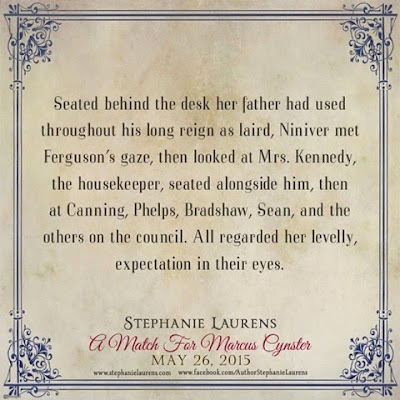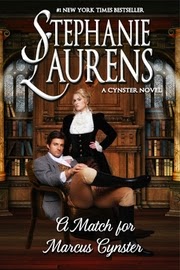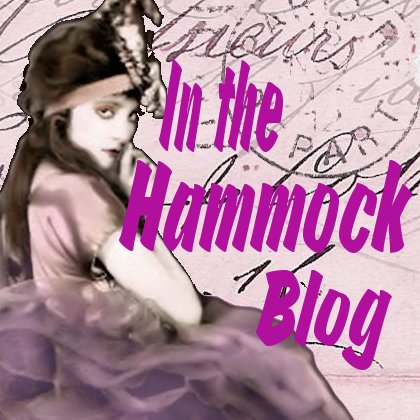Today, I'm happy to welcome Julia London to In the Hammock for a Q and A. Let's celebrate the release of "The Scoundrel and the Debutante" the third book in the Cabot Sisters series.
THE SCOUNDREL AND THE DEBUTANTE
by Julia London
Harlequin; May 1, 2015

The dust of the Cabot sisters' shocking plans to rescue their family from certain ruin may have settled, but
Prudence Cabot is left standing in the rubble of scandal. Now regarded as an unsuitable bride, she's tainted among the ton. Yet this unwilling wallflower is ripe for her own adventure. And when an irresistibly sexy American stranger on a desperate mission enlists her help, she simply can't deny the temptation.
The fate of Roan Matheson's family depends on how quickly he can find his runaway sister and persuade her to return to her betrothed. Scouring the rustic English countryside with the sensually wicked Prudence at his side—and in his bed—he's out of his element. But once Roan has a taste of the sizzling passion that can lead to forever, he must choose between his heart's obligations and its forbidden desires.

Julia London is the New York Times and USA Today best-selling author of more than thirty romantic fiction novels. She is the author of the popular Cabot Sisters historical series, including The Trouble with Honor, The Devil Takes a Bride, and The Scoundrel and the Debutante. She is also the author of several contemporary romances, including Homecoming Ranch, Return to Homecoming Ranch and The Perfect Homecoming.
Julia is the recipient of the RT Bookclub Award for Best Historical Romance and a six-time finalist for the prestigious RITA award for excellence in romantic fiction. She lives in Austin, Texas.
Q and A with Julia London:
1. If you could live during any time period from the past, when would it be and why?
I guess it’s obvious that I would have to try living in the Regency era. But I would have to be among the wealthy. I wouldn’t want to be crammed into any tight living quarters with a lot of people and maybe even some animals. I would need one of those big Georgian mansions, a butler, a ladies’ maid, and a very handsome and rich husband. Oh, and the gowns. I would need a lot of those beautiful gowns. I have always been a student and fan of history, but, in the end, knowing what I know, I like the creature comforts of the twenty-first century.
2. How much research goes into writing historical romance?
That depends on the period. I have written so many historical romances set in a very confined time period (the Regency era spanned about twenty years), and have collected so many research books, that I have become a bit of a mini-expert in that time period. I know what was going on, and if I have any questions, I know exactly where to look to find the answer. However, I am starting a new historical series and setting it about one hundred years earlier, when Scotland and England united. I’m reading a couple of different books to get up to speed. But, unlike historical fiction, where the actual history is often a character in the story, in historical romance the history is always part of the background and not the main feature—the love story is—so a writer needs to know enough to set the tone, the milieu and the place, but doesn’t need to memorize any acts of Parliament or know the names of the king’s children.
3. You’ve written over thirty historical romances and you’ve also published several contemporary romances. What is it like to switch back and forth from one type of romance to the other?
First, I don’t think of them as different subgenres although, technically, they are. I just think of them as another story. No matter what the setting, these books are about people and falling in love, and that is timeless. The inherent conflicts between men and women are timeless. So if a man is wearing pantaloons or jeans, when he falls in love, he feels the same way. From a technical standpoint, I like switching between time period settings—I think it keeps me fresh. The cadence of the language changes slightly, and sometimes I am so relieved I can just put people in a car and move them somewhere as opposed to readying a coach and a team of four and having to deal with a coachman and the butler just to get out the door. But those are minor details. Historical or contemporary, women’s fiction or whatever I am writing, it’s all about the story to me.
Buy the book here:
http://www.harlequin.com/storeitem.html?iid=58878
Disclosure: I received copies of the books from the publicist in exchange for this post. Questions in the Q and A were provided by the publicist.


















